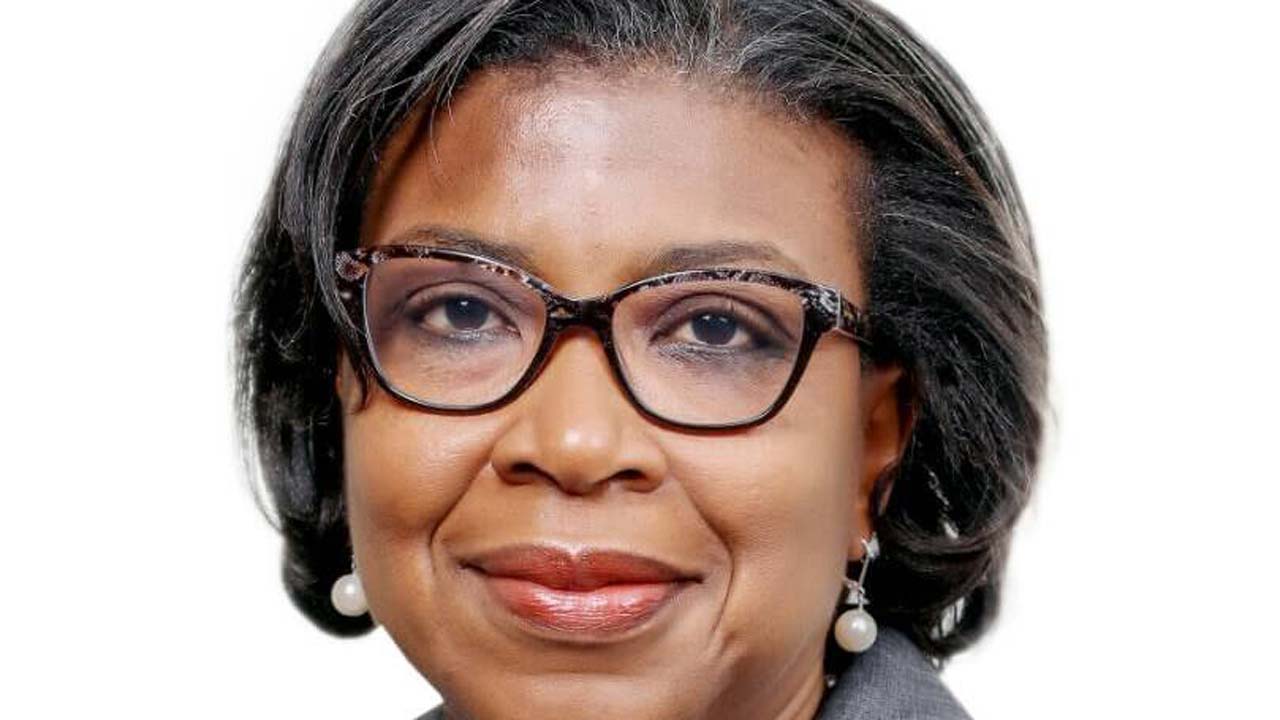
A breakdown of the total debts shows that the Federal Government owes N19.234 trillion, comprising domestic and foreign liabilities, while the 36 states and Federal Capital Territory (FCT) have a joint liability of N5.152 trillion.
Director General of the Debt Management Office (DMO), Ms. Patience Oniha, who analysed the new debt portfolio in Abuja yesterday, however, declared that the debt ratio to Gross Domestic Product (GDP) slightly dropped from 18.20 per cent to 18.12 per cent.
This indicates that the country’s debt profile remains healthy and sustainable, particularly due to increasing independent revenue generation of nearly N4 trillion per annum in 2018 compared to previous years.
Oniha attributed the over N2 trillion rise in the debt stock to some initiatives the Federal Government undertook last year to manage the country’s indebtedness to oil marketers where the DMO was directed to raise promissory notes to marketers to avoid energy crisis where N313 billion was raised.
She also explained that the $500 million Eurobond raised in November 2017 and $2.5 billion raised in 2018, proceeds of which were used to redeem N198.032 billion treasury bills in 2017 and N729.95 billion in 2018 commitments in treasury bills, were responsible for the rise.
The DMO boss also defended government’s $3 billion foreign facility, saying apart from its being cheap, it boosted Nigeria’s foreign reserves and helped stabilise the country’s foreign exchange rates.
She noted that in line with the DMO’s borrowing target of 40 domestic and 60 foreign debt for 2019, it will embark on a 50/50 borrowing once the National Assembly approves the 2019 fiscal plan.
The strategy, Oniha explained, would create more room for private sector participation in the domestic debt market.
“The new debt report showed that more progress was made towards achieving targeted debt stock mix of 60 per cent domestic and 40 per cent external borrowings.
“The share of domestic debt dropped to 68.18 per cent from 73.36 per cent as at December 31, 2017, thereby achieving 68.18 per cent and 31.82 per cent in the debt stock,” she added.
[ad unit=2]



